|
Before you go find your thesaurus, this is not a technical blog with tricky jargon. I’ll provide simple tips and tricks about finding the best camera for a new photographer that will save you time and money. Read on for some inspiration! What do you like to photograph? Decide what you’d love to see framed on your wall. Visit your local art gallery to discover the subjects and scenes you love looking at. What environments make you feel good? Do you love long hikes in the mountains? You’ll want a robust camera that can shoot vast landscapes in high resolution (= printing big photos). Is sport your thing? You need a camera with a high ISO to ensure plenty of light enters the camera so you can shoot fast scenes. Perhaps you live in a city with impressive buildings for architecture photography or you want to document your community's stories with your camera? Your typical subjects will make a difference to the type of camera you use (this doesn’t mean you have to limit yourself to those genres though). What are the different types of cameras?Research the types of cameras and their purposes. This is a chunky but necessary task. There many types of cameras, each with their own language and passionate community. Don’t feel intimidated by the range or the jargon. It’s perfectly normal to be unsure of how different cameras work – that’s why we have online tutorials and camera clubs. When I get a fresh camera, I head straight to Google to learn about it.
The range of cameras available has exploded since the introduction of digital camera technology. In addition to classic film cameras, you’ll see words such as ‘mirrorless’, ‘bridge’, ‘medium format’ as you research. But to keep this article simple and sweet, I’ll stick with briefly discussing DSLR cameras, compact cameras, and smartphones. DSLR (digital single lens reflex) cameras These are the cameras you see professional and enthusiastic amateur photographers use in pretty much any environment (except maybe on a surfboard or underneath a surfboard). DSLR cameras use interchangeable lenses depending on what the subject is, and they have a decent weight which makes you feel like a Proper Serious Photography Nerd. DSLRs are either crop sensor or full-frame. If you use a crop sensor DSLR camera, then your photos will be cropped around the edges for a tighter field of view. A full-frame DSLR camera generally provides better photo quality especially in low-light. Many DSLR cameras have video capability. Their capacity for high resolution means photos can be printed large to a high quality, and once you get the hang of it all you can customise the settings. Compact Digital Cameras Compact (or ‘Point and Shoot Cameras’) are lightweight, easy to use cameras. They don’t have the complications of extra lenses and they can work simply with automatic settings. Often considered the perfect travel camera, a good compact camera is fantastic for learning the basics on. Because it’s digital, you can experiment and not worry about wasting film. They have a decent resolution so you can print photos large, which leads us to our next camera type . . . Smartphones Chances are you know more about smartphone photography than I do because I’m a camera-snob and enjoy using a DSLR. However, I recall numerous situations when I’ve been working and someone next to me has taken the same shot with their smartphone and I’ve been grumpy with the light and colours they’ve automatically captured compared to my photo. The smartphone is a great camera to start with. It’s accessible, lightweight, and cost effective. It's also the camera you are most likely to have with you. Phone cameras enable you to learn essential basics of photography such as composition, angles, and perspective. They also provide the opportunity to learn what subjects you love to photograph before you splash out on a bigger camera. Biggest con of smart phone photos? Printing from phone images is hit and miss depending on how modern your phone is and how decent the resolution is. What camera do you already have?Investigate what you have already. This is the most overlooked step of choosing the best beginner’s camera. Humans love shiny new technology (especially that whole unboxing thing). But new does not necessarily mean better. Dig though your garage. Dig through your friend’s garage. What’s in that childhood box of stuff that’s been stashed away? You may have an old film camera or point-and-shoot ready to use. If it hasn’t been used for a long time, get it cleaned professionally (if it has fungus on the inner workings then sadly it’s a no-go). Choosing an existing camera as your ‘starter camera’ is also a good way to find out what brand you like (or don’t like) before you invest for the next stage. Check out second hand camera gearYou don’t have an old camera in your garage so you’ve decided to splash out. Hold your horses though - research your second hand camera market before buying new. I’m a huge fan of second hand photography gear. Even as a professional photographer, I still buy pre-loved cameras. This frees up cash for new lenses! Apart from saving money, buying second-hand means you have a camera with a history which I like the vibe of. Second hand cameras also come with a lower carbon footprint (less packaging and often reduced travel involved) so they give you cosy environmental warm fuzzies. Places with second-hand cameras:
Be brave and decide!Taking action is your last step. If you’ve been asking yourself ‘what type of camera should I get?’ since 2021, then you need to pull your socks up and make a decision. Upgrade your mobile phone (camera), buy that second-hand point-and-shoot, or splash out on a DSLR. Then use it . . . a lot! The more mistakes you make, the more you learn. Don’t let confusion get in the way of finding a camera to start your photography adventure. Consider how you want to involve photography in your life, and whether you already have a camera you could use. Or take the next step and research a new or second hand camera. Then let the magic begin!
0 Comments
Leave a Reply. |
Hi.This blog shares tips and tricks for you to get involved with photography, and keeps you up to date with my exhibitions and shenanigans. Archives
February 2024
Categories
All
|
Services |
|


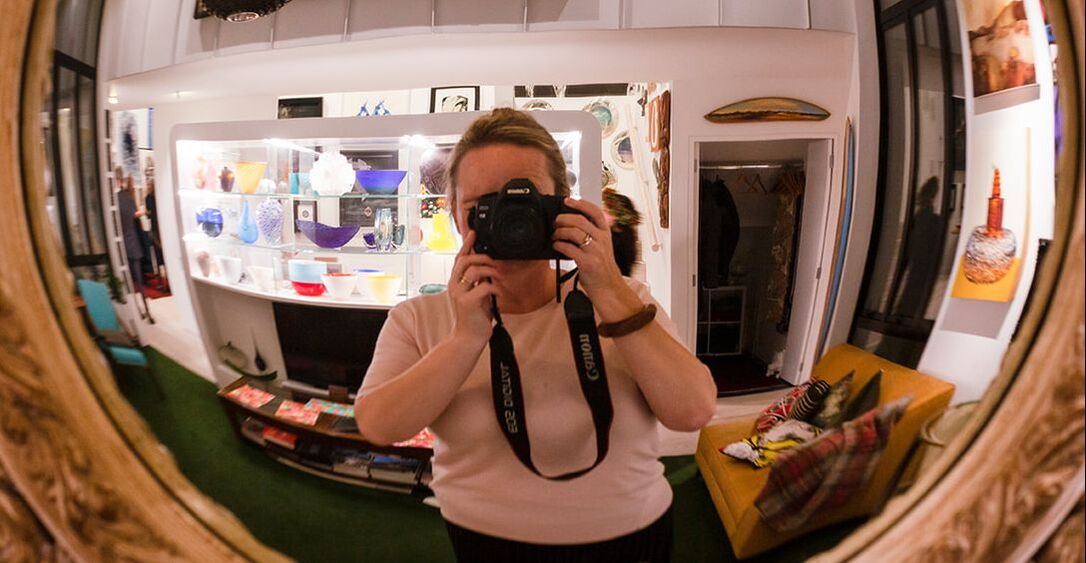
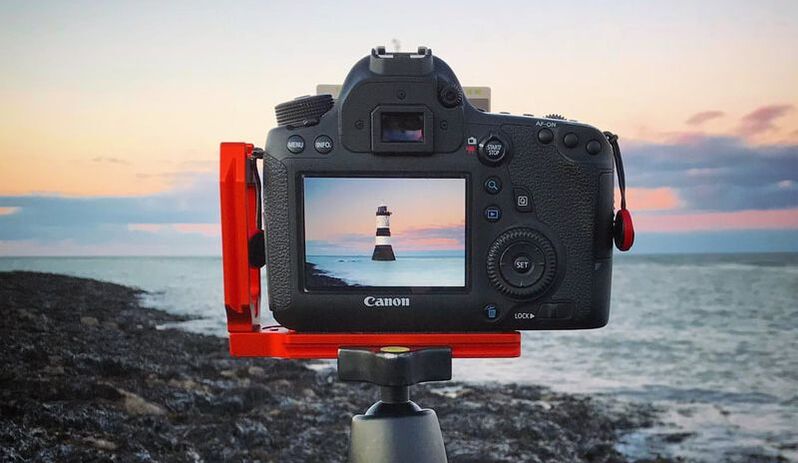
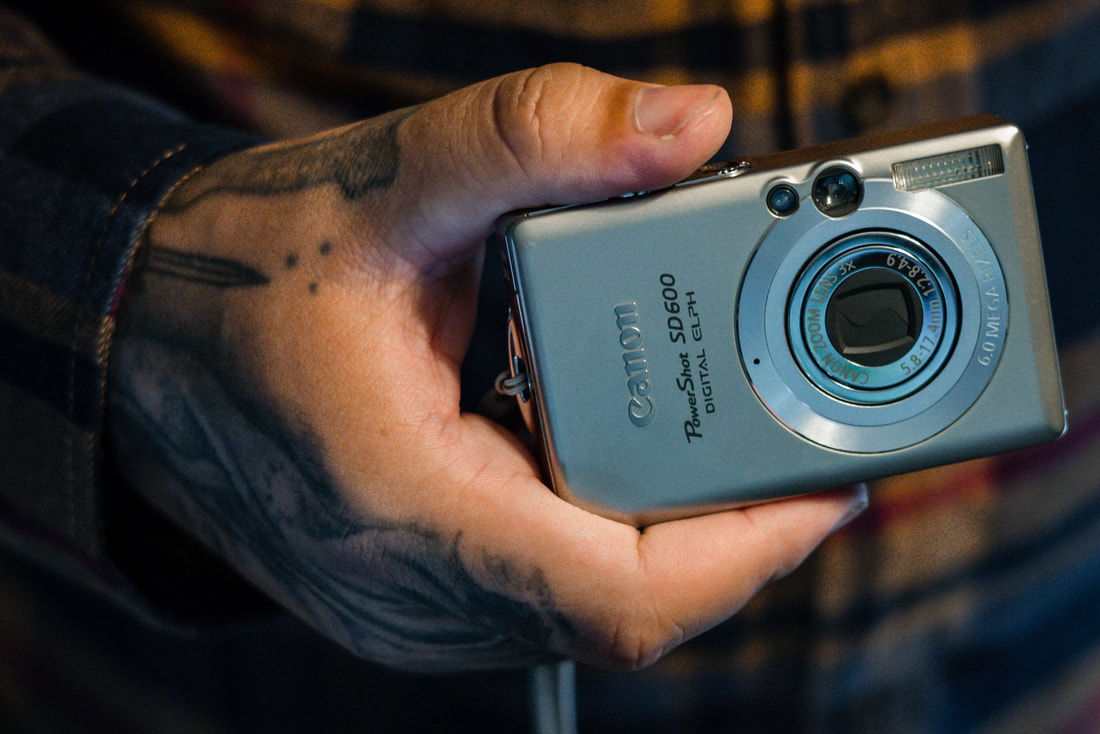
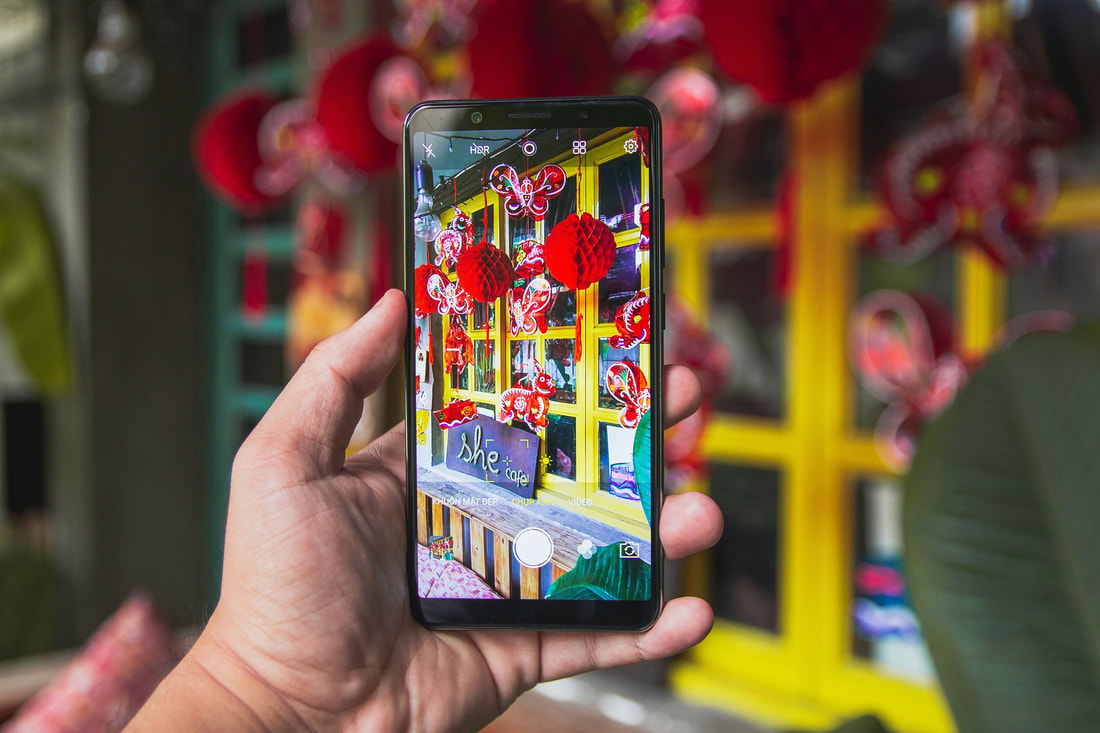
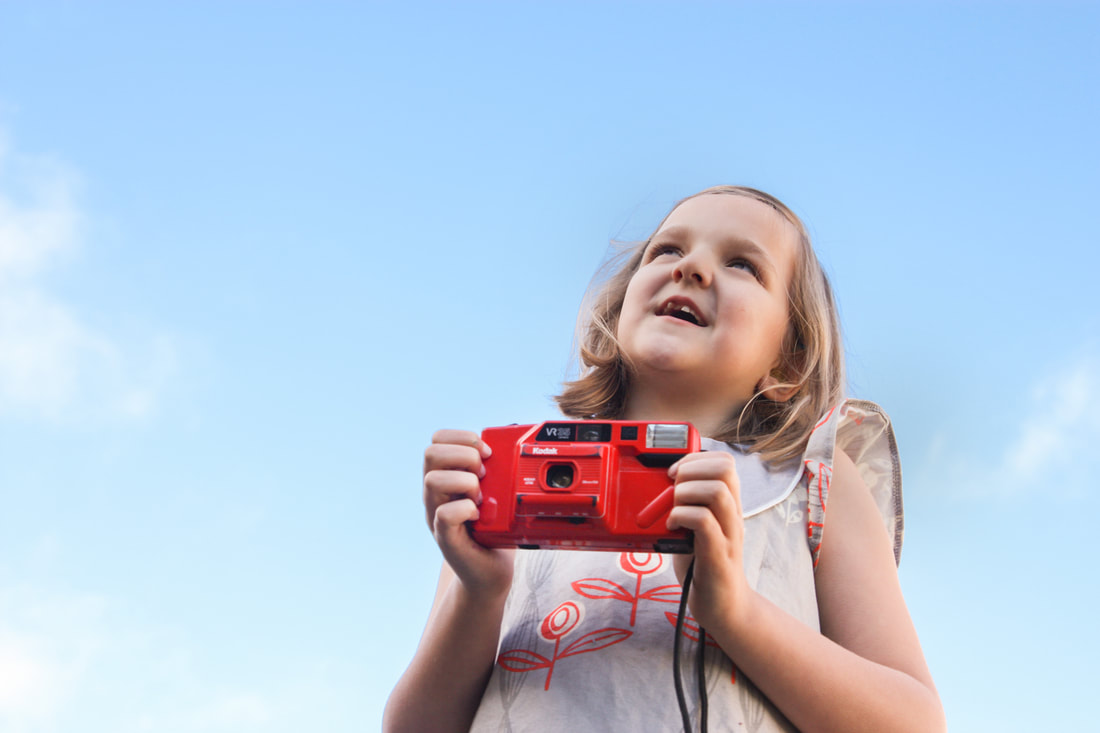
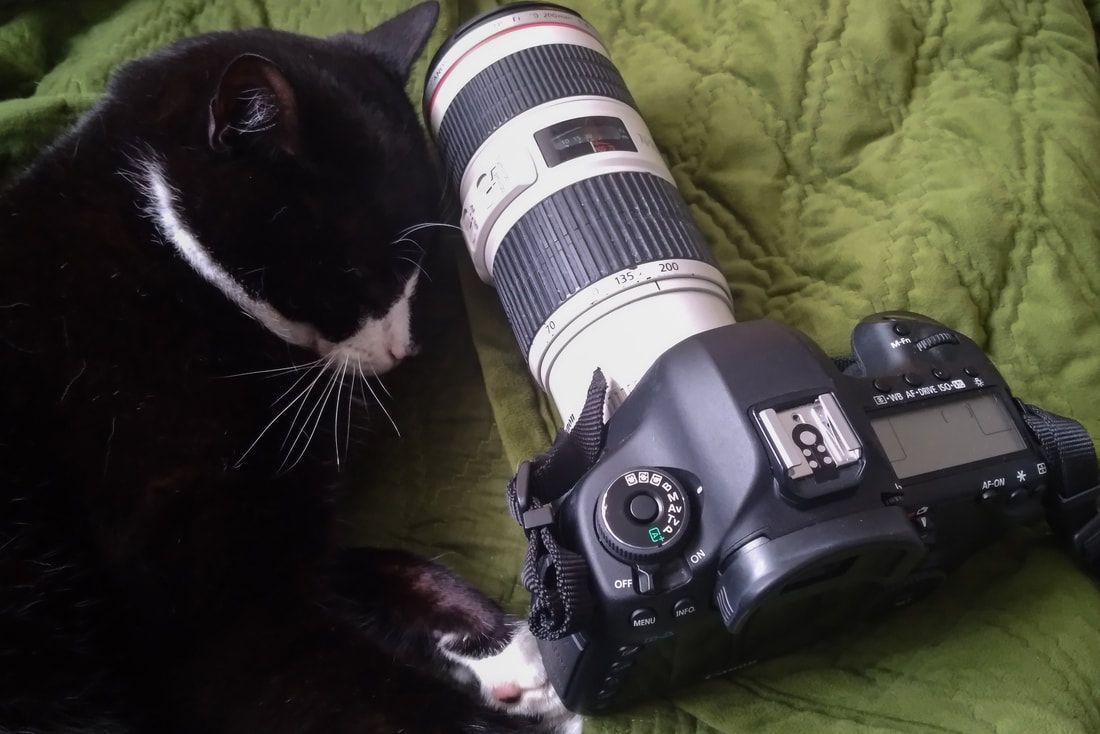
 RSS Feed
RSS Feed